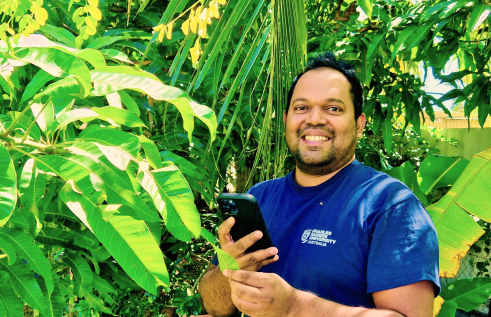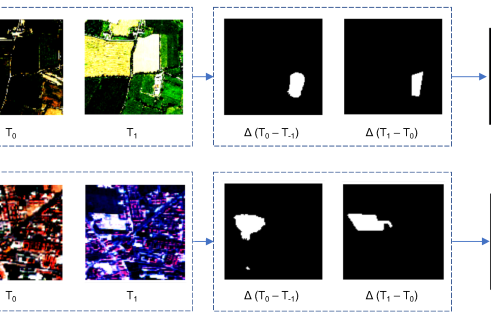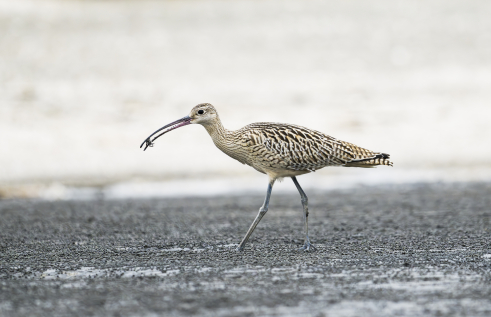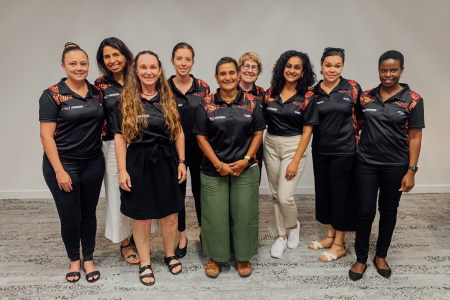News
CDU researcher a rising star in health services
One of Charles Darwin University’s (CDU) rising stars in health services research has received the new investigator award at the 2021 Health Service Research Association Australia and New Zealand (HSRAANZ) event.
The award recognises the contribution that CDU’s Dr Sophie Hickey, an applied sociologist who works at the Molly Wardaguga Research Centre, has made to health services research and health policy in Australia.
Much of her recent work has been working with industry partners to improve health services for First Nations peoples in South East Queensland.
Dr Hickey coordinated a team who has spent more than five years interviewing more than 600 First Nations families in a study to improve maternity care.
The large study, led by CDU Professor in Midwifery Sue Kildea, was designed to provide feedback to local service providers on best practice maternity care, and led to a significant reduction in pre-mature births for women accessing the new model of care.
One of Dr Hickey’s career highlights was training and supervising an Arrernte woman born and raised in Mparntwe Alice Springs, Sarah Maidment, and Kayla Heineman, a Bundjalung woman from Byron Bay, who were the First Nations community researchers on the study.
The team both live and work on Yuggera and Turrbal Country, in Meanjin Brisbane.
This last study was co-led with Professor of Indigenous Health Yvette Roe and was the joint winner with Dr Hickey to for the 2021 Best overall paper from HSRAANZ.
“The award is terrific recognition of the mentoring, scholarship and passion that Sophie brings to the table,” Professor Roe said.
“Her work has focused on building First Nations research capacity; the research is transformative and has genuine positive impact for communities.”
Ms Hickey has also led projects aiming to improve hospitals’ organisational approaches to better meet the needs of First Nations peoples, as well as understanding what community want and need from health services to maintain positive sexual and reproductive health and wellbeing.
According to Ms Hickey, the work from the study is now being used to inform the redesign of maternity services for women in Galiwinku, East Arnhem Land in the Caring for Mum on Country project led by CDU’s Associate Professor Elaine Läwurrpa Maypilama, Professor Yvette Roe, Dr Sarah Ireland and team, where the preterm birth rate is one of the highest in Australia.
Industry partners on the National Health and Medical Research Council funded partnership grant Indigenous Birthing in an Urban Setting study included the Institute for Urban Indigenous Health, the Aboriginal and Torres Strait Islander Community Health Service Brisbane Ltd and the Mater Mothers Hospital
Related Articles

Rooting out plant diseases: Are computers ready to run our farms?
Nature is still too complex for artificial intelligence (AI) modelling to be effective, but the tipping point is close, according to a new study that found the technology may still trip at the last real-world hurdle.
Read more about Rooting out plant diseases: Are computers ready to run our farms?
Tech on the treetops: How AI can protect forests
The Artificial Intelligence model was developed to detect changes in forest cover.
Read more about Tech on the treetops: How AI can protect forests
Volunteers protected Darwin wildlife for 50+ years, but new research suggests it’s time to stop winging conservation efforts
Volunteers have shouldered the burden of shorebird conservation in the Top End for more than half a century, but new research from Charles Darwin University (CDU) suggests it’s time for the government to take responsibility for all of the Northern Territory’s residents – including those with wings.
Read more about Volunteers protected Darwin wildlife for 50+ years, but new research suggests it’s time to stop winging conservation efforts
